Skin, Stress, and the Hormone Trap: Why Midlife Acne Isn’t Just Cosmetic
Midlife acne can be a perplexing and frustrating experience, often catching individuals off guard during a time when they expect their skin to be at its best. Unlike teenage acne, which is largely anticipated, midlife acne presents unique challenges that are not only physical but also emotional and psychological. This article delves into the hidden intricacies of dealing with acne during this life stage, offering insights into the interplay between skin health, stress, and hormonal changes. We aim to provide a comprehensive guide for those navigating this unexpected journey, helping them understand the underlying causes and offering practical solutions for managing this condition effectively.
1. The Biological Underpinnings of Midlife Acne
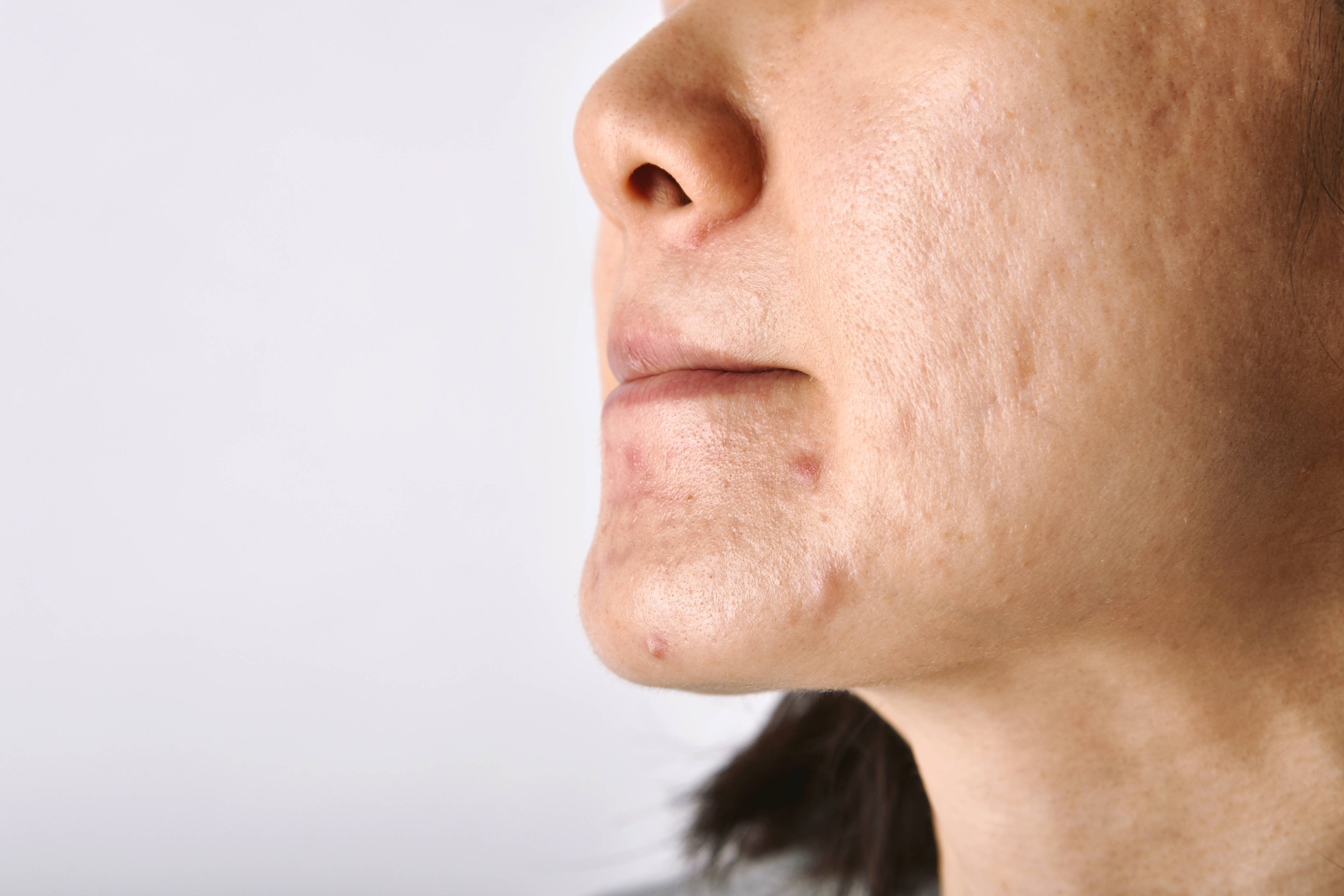
Midlife acne is often driven by a complex interplay of biological factors. During this stage of life, hormonal fluctuations, particularly in women, can lead to increased sebum production, resulting in clogged pores and breakouts. The decline in estrogen levels during perimenopause and menopause can exacerbate this issue, as estrogen typically helps to counterbalance the effects of androgens, which stimulate oil production. Understanding these biological changes is crucial for addressing midlife acne effectively, as it allows individuals to tailor their skincare routines and seek medical treatments that target the root causes rather than just the symptoms.
2. Stress: An Unseen Aggravator

Stress is a significant, yet often overlooked, contributor to midlife acne. The body's response to stress involves the release of cortisol, a hormone that can increase oil production and inflammation, both of which are key factors in acne development. Furthermore, stress can disrupt sleep patterns and weaken the immune system, making the skin more susceptible to infections and slower to heal. Recognizing the role of stress in acne can empower individuals to adopt stress-management techniques such as mindfulness, meditation, and regular exercise, which not only benefit the skin but also enhance overall well-being.
3. The Hormone Trap: Understanding Androgens
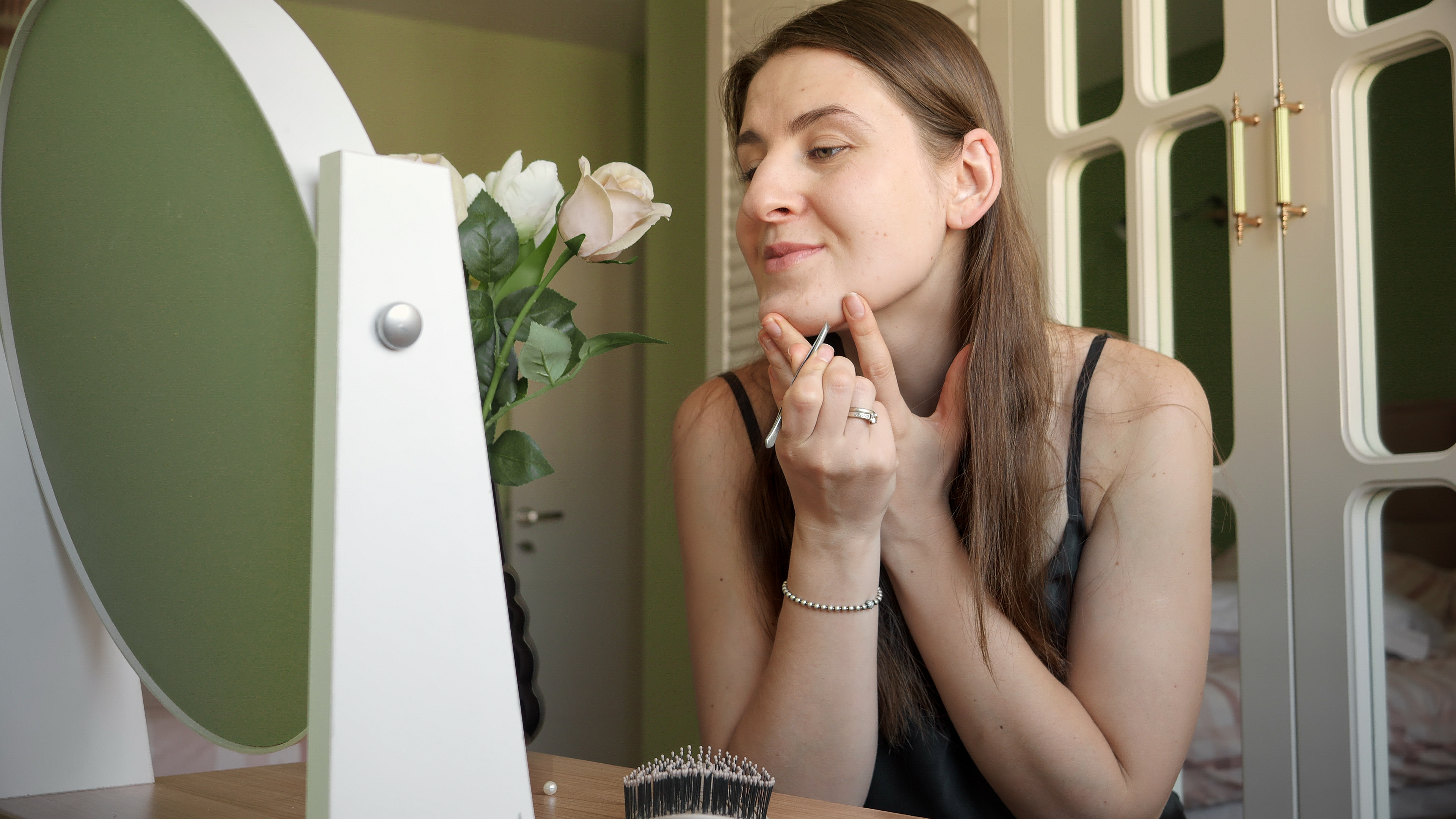
Androgens, often dubbed the 'hormone trap' for those battling midlife acne, play a pivotal role in the condition's persistence. These hormones, which include testosterone, are present in both men and women and can increase during midlife due to various factors, including stress and certain medications. Elevated androgen levels stimulate the sebaceous glands, leading to increased oil production and potential acne flare-ups. By understanding the impact of androgens, individuals can seek targeted treatments such as hormonal therapy or medications like spironolactone, which can help regulate these hormones and reduce acne symptoms.
4. The Impact of Diet on Skin Health

Diet is another crucial factor influencing midlife acne, with certain foods potentially exacerbating the condition. High-glycemic-index foods, dairy products, and diets rich in unhealthy fats have been linked to increased acne incidence. These foods can cause spikes in insulin levels, which in turn can stimulate androgen production and exacerbate acne. Conversely, a diet rich in antioxidants, omega-3 fatty acids, and low-glycemic-index foods can support skin health and reduce inflammation. By making informed dietary choices, individuals can help manage their acne and promote clearer, healthier skin.
5. The Role of Skincare Routines
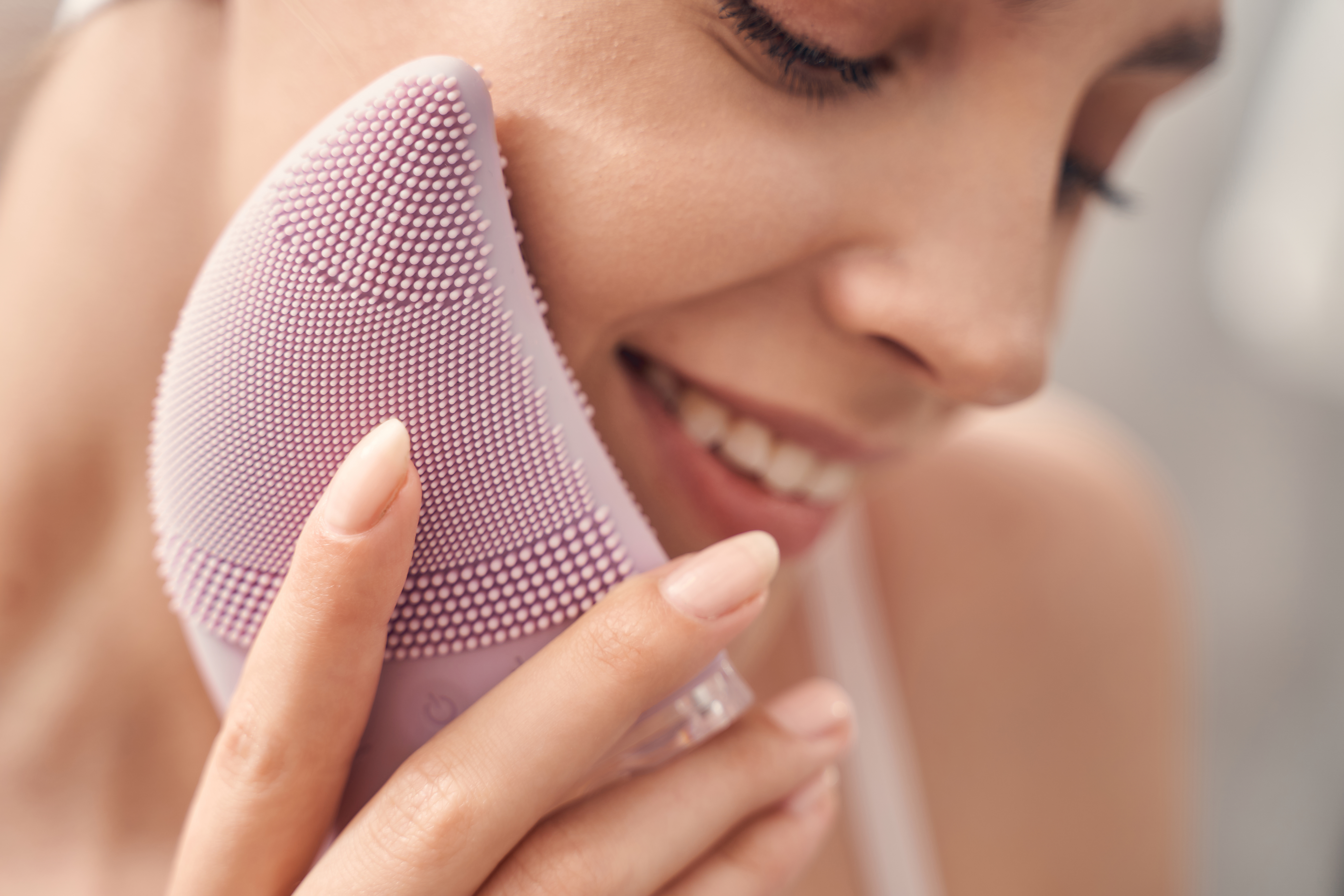
A well-structured skincare routine is essential for managing midlife acne, as skin at this age can be more sensitive and prone to irritation. Gentle cleansing, regular exfoliation, and the use of non-comedogenic products can help keep pores clear without stripping the skin of its natural oils. Incorporating active ingredients such as salicylic acid, benzoyl peroxide, and retinoids can be effective in treating acne, but it's important to balance these with hydrating and soothing products to prevent dryness and irritation. Consulting with a dermatologist can help individuals tailor their skincare regimen to their specific needs, ensuring optimal results.
6. Psychological Impacts of Acne in Midlife
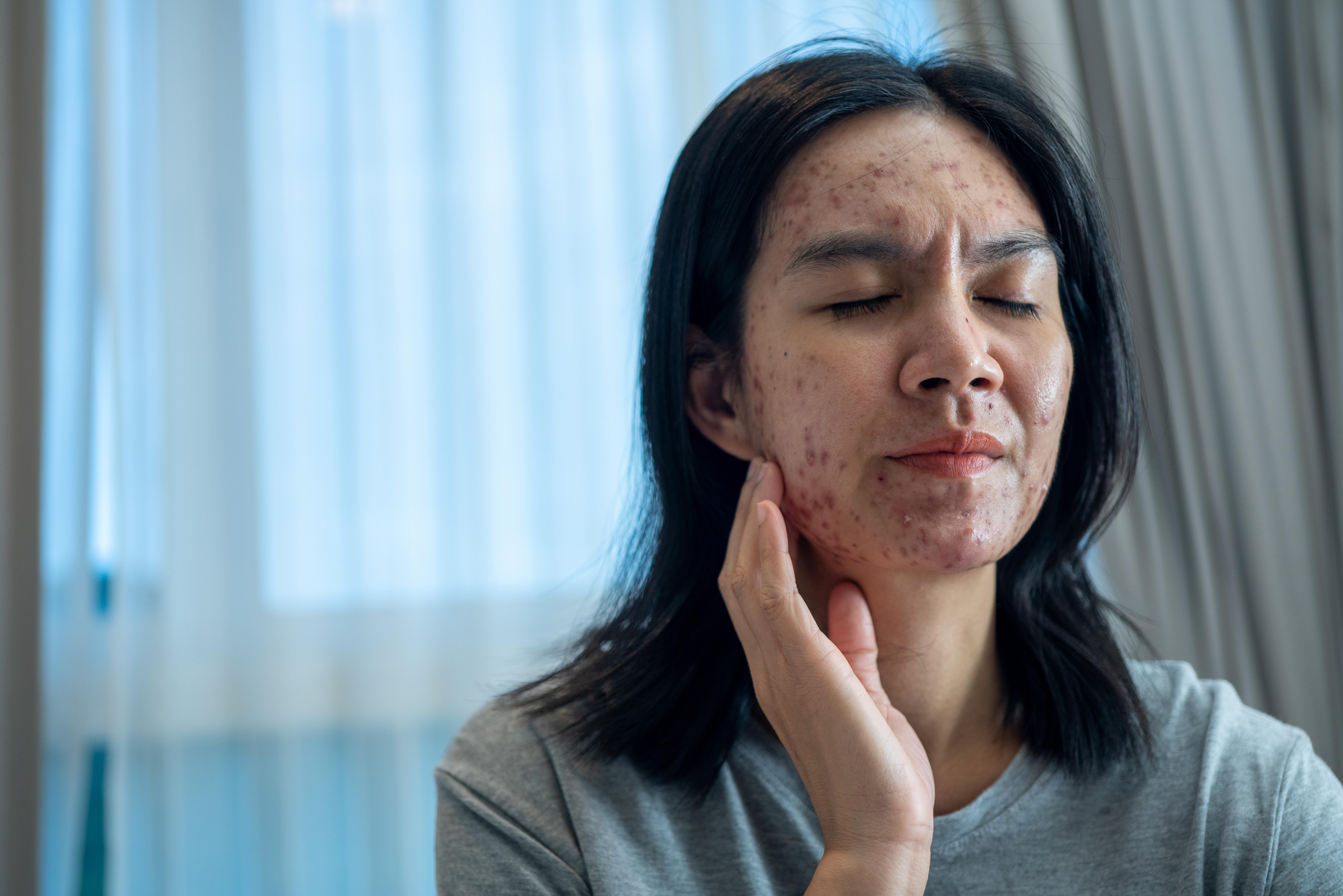
The psychological effects of midlife acne can be profound, affecting self-esteem and overall mental health. Unlike adolescent acne, which is often seen as a rite of passage, midlife acne can feel stigmatizing and isolating, leading to feelings of embarrassment and frustration. The visibility of acne can impact social interactions and professional confidence, making it crucial to address not only the physical symptoms but also the emotional well-being of those affected. Support groups, therapy, and open communication with loved ones can provide much-needed support and help individuals navigate the emotional challenges of midlife acne.
7. The Influence of Environmental Factors
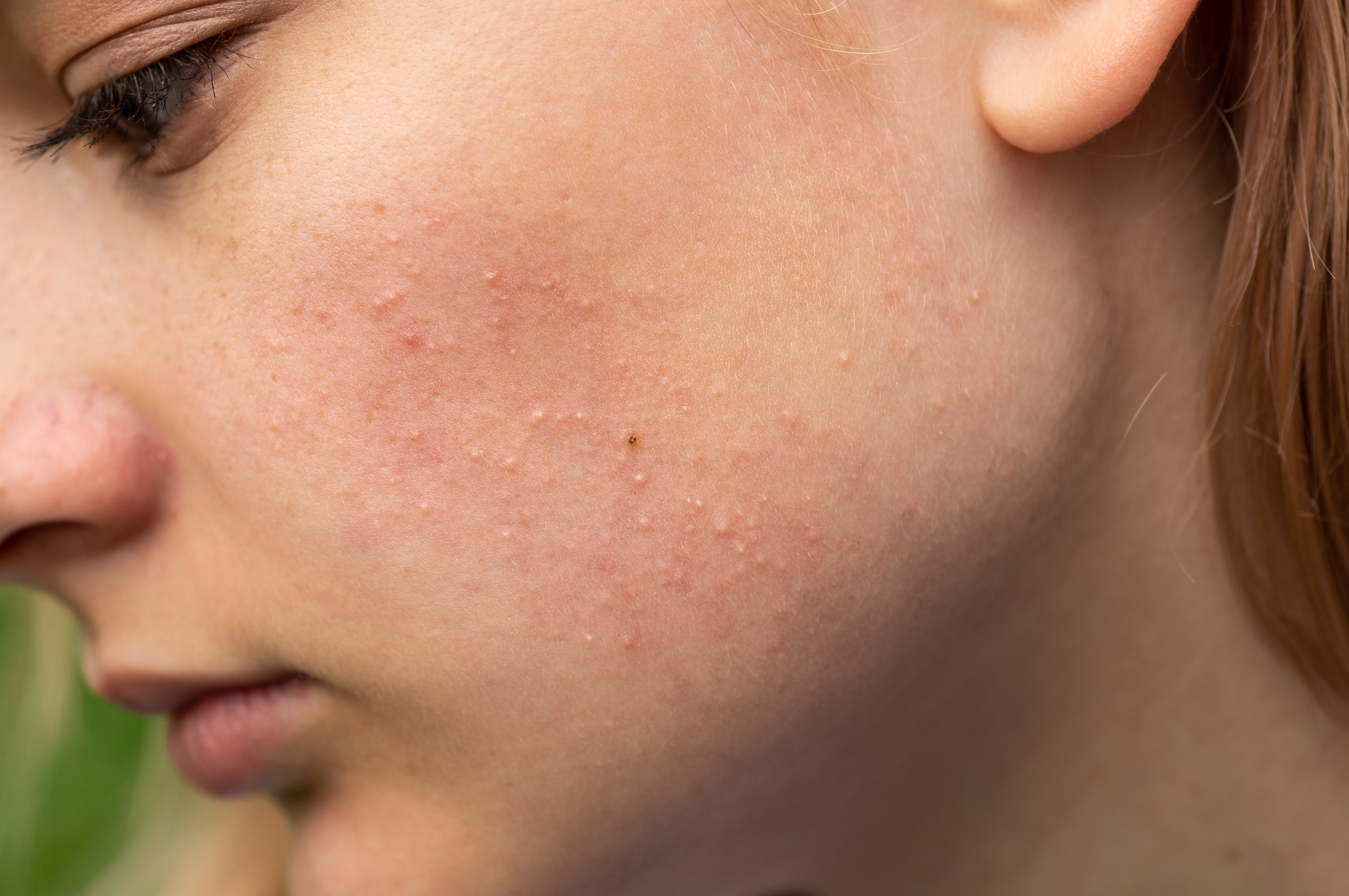
Environmental factors such as pollution, UV exposure, and climate can exacerbate midlife acne, making it important to consider these elements in a comprehensive acne management plan. Pollution can lead to clogged pores and skin irritation, while UV exposure can cause inflammation and worsen acne scars. Protecting the skin with broad-spectrum sunscreen and using products that shield against environmental pollutants can help mitigate these effects. Additionally, understanding how different climates affect the skin can guide individuals in adjusting their skincare routines accordingly, ensuring their skin remains healthy and resilient despite external challenges.
8. The Importance of Sleep for Skin Regeneration

Quality sleep is vital for skin health, as it allows for proper regeneration and repair. During sleep, the body produces collagen, a protein essential for maintaining skin elasticity and reducing fine lines. Lack of sleep can increase stress levels and inflammation, both of which can exacerbate acne. Establishing a consistent sleep routine and creating a relaxing bedtime environment can enhance sleep quality, promoting not only clearer skin but also overall health. Prioritizing sleep is a simple yet powerful strategy in the fight against midlife acne, underscoring the importance of a holistic approach to skin care.
9. Navigating Treatment Options

With a plethora of treatment options available, navigating the best course of action for midlife acne can be daunting. Topical treatments, oral medications, and lifestyle changes all play a role in managing acne, but finding the right combination requires patience and professional guidance. Dermatologists can provide personalized treatment plans that may include prescription-strength topical treatments, oral antibiotics, or hormonal therapies. Additionally, exploring alternative treatments such as light therapy or chemical peels can offer further benefits. Understanding the available options and working closely with a healthcare provider can help individuals find effective solutions tailored to their unique needs.
10. Embracing a Holistic Approach
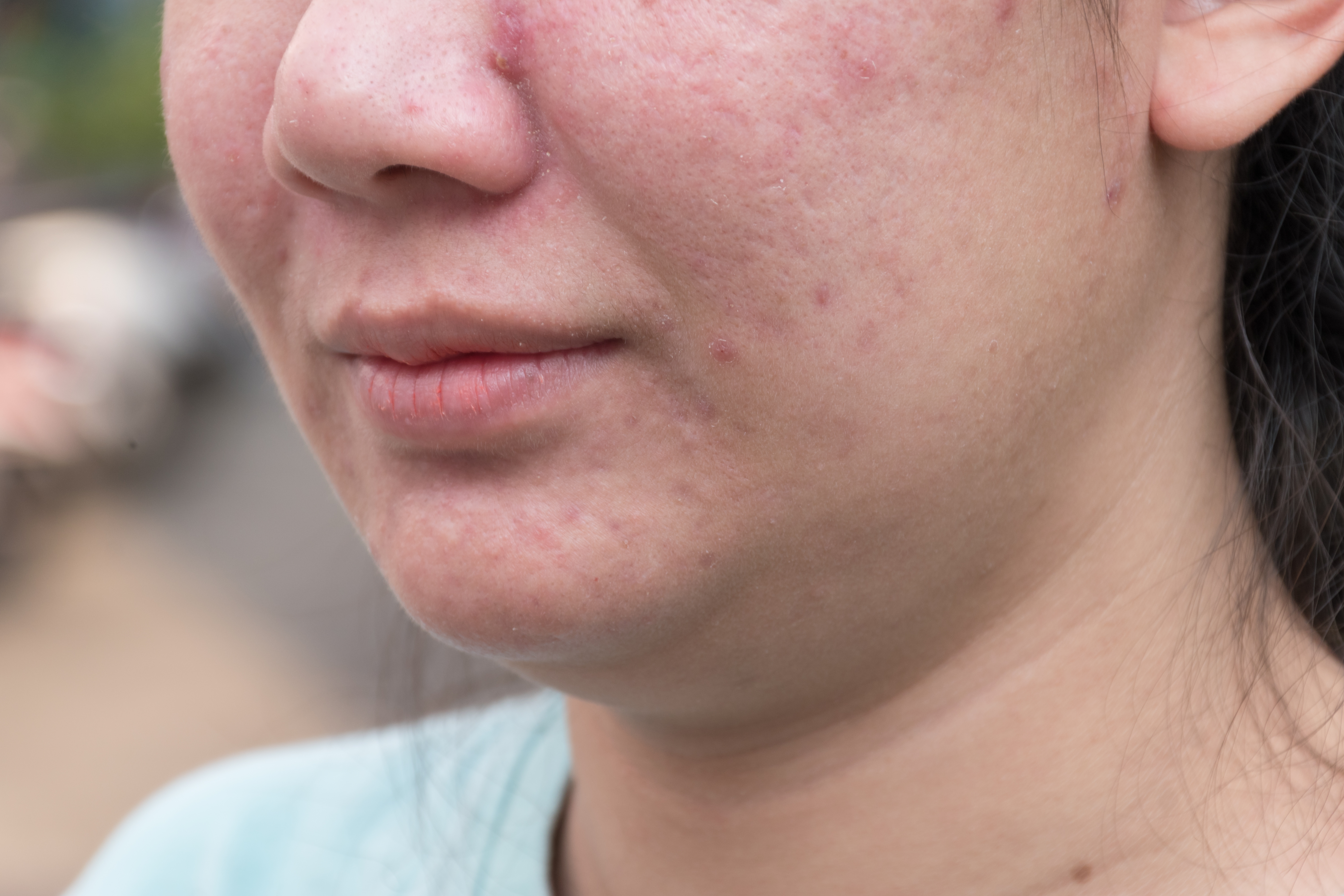
Adopting a holistic approach to managing midlife acne can yield significant benefits, addressing not only the physical symptoms but also the emotional and psychological aspects of the condition. This approach involves integrating skincare, diet, stress management, and lifestyle changes into a cohesive plan that supports overall health and well-being. By viewing acne management as a multifaceted journey rather than a singular issue, individuals can achieve more sustainable results and improve their quality of life. Embracing a holistic mindset encourages a deeper understanding of one's body and fosters a more compassionate approach to self-care.
Empowering Your Skin Journey
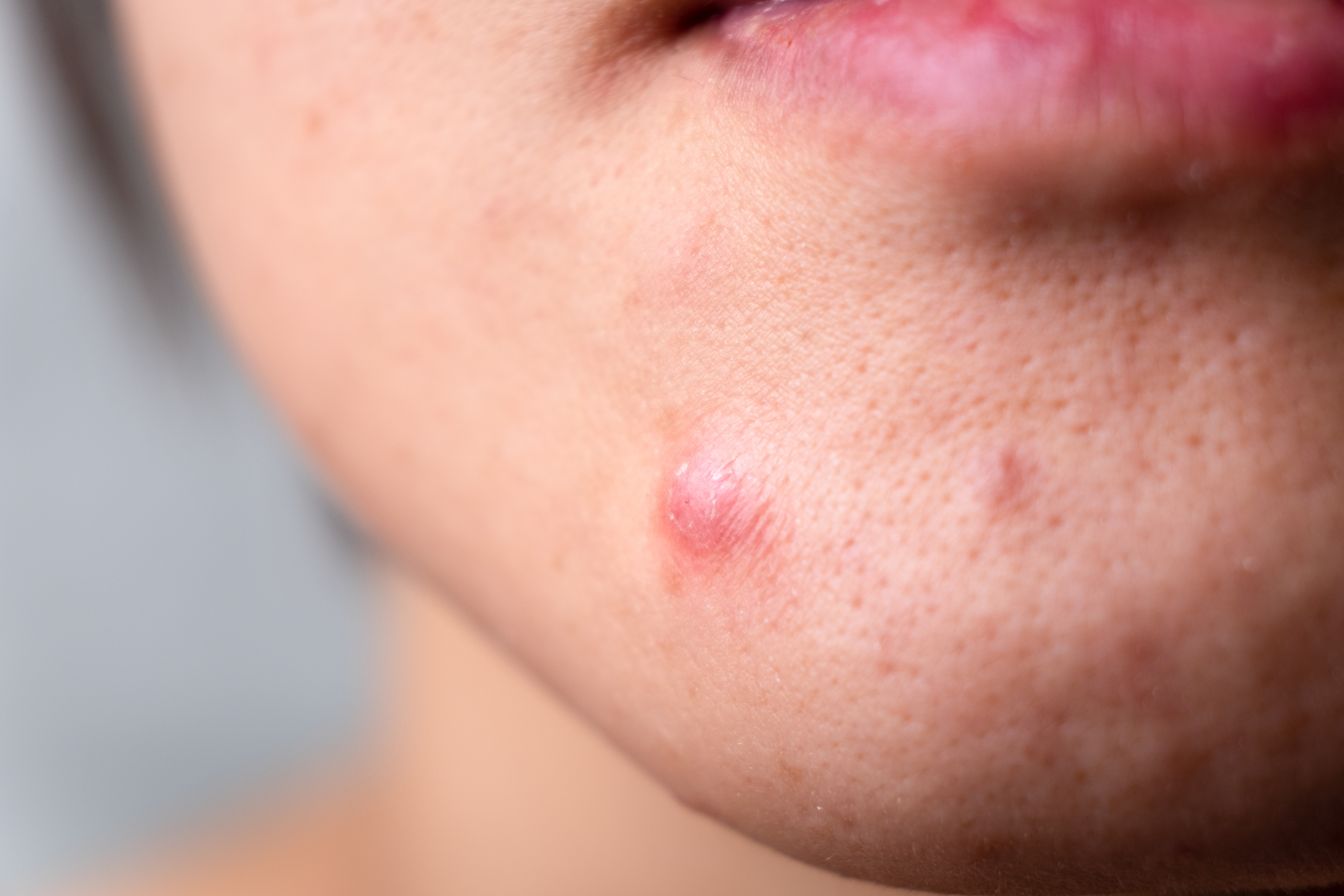
Navigating the hidden challenges of midlife acne requires a comprehensive understanding of the factors at play and a commitment to addressing them with informed strategies. By exploring the biological, psychological, and environmental influences on acne, individuals can develop a personalized approach that promotes clearer skin and enhances overall well-being. Empowering oneself with knowledge and embracing a holistic perspective can transform the acne journey from a source of frustration to an opportunity for growth and self-discovery. With the right tools and mindset, midlife acne can be effectively managed, allowing individuals to embrace their skin and their life with confidence.
